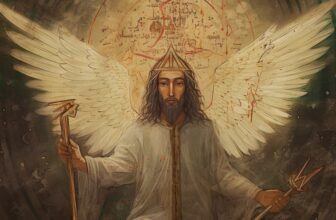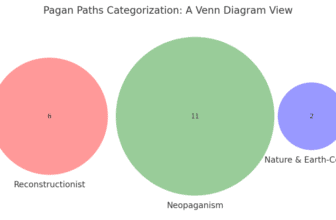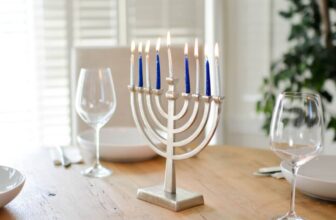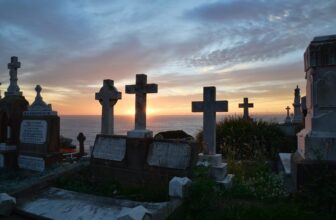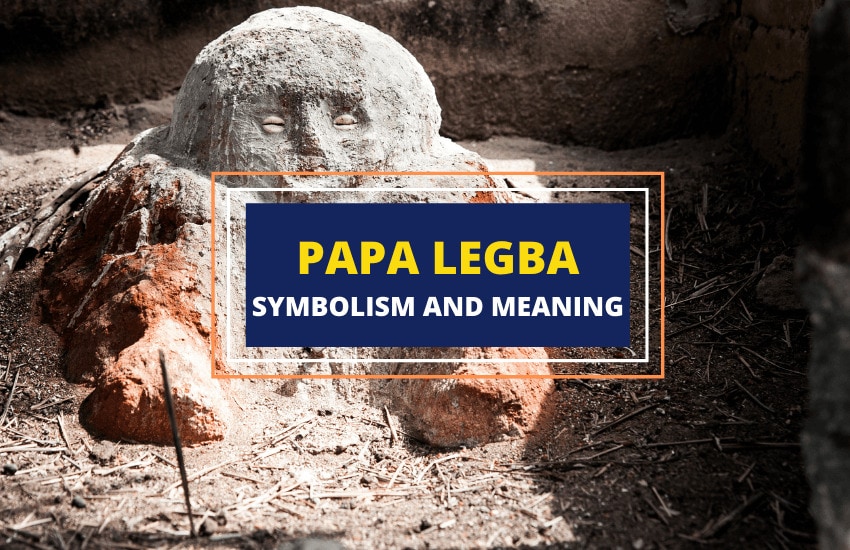
Table of Contents
Legba, known affectionately as Papa Legba, is a West African and Caribbean Vodou god. He is one of the loa (lwa), who are the spirits of daily life in the Vodou beliefs. Although he’s known by many names depending on the context, he’s best known as Papa Legba. He plays an important role in Vodou and remains one of the most significant deities of the religion.
Papa Legba’s Role as a Vodou God
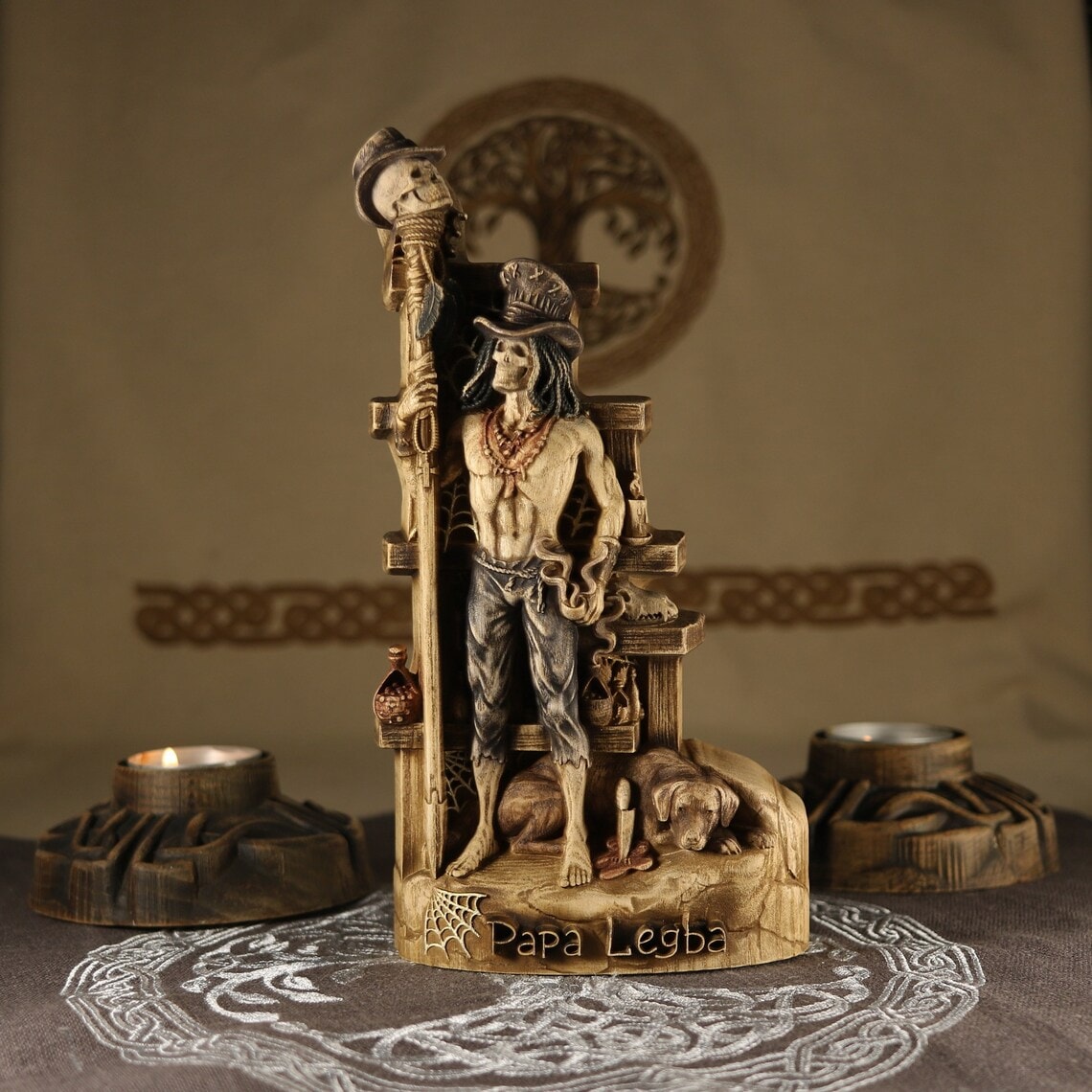
Papa Legba is one of the most important spirits from the ranks of the Rada family of loa spirits in the Haitian Vodou religion. In Haitian Vodou, Papa Legba is the mediator between the loa and humanity.
His role is an important one, as he is a guardian of spiritual crossroads, with the power to give or deny permission to speak with Guinean spirits. Because of this, Legba is always the first and last spirit invoked at rituals and ceremonies, as it is he who opens and closes the gateway.
While he is often invoked by worshippers who need help in finding new paths, starting again, or looking for new opportunities. While he can help people in finding their paths, and removing obstacles that hold them back, he is also a trickster god and must be treated with care.
Papa Legba is known for his eloquence and for being an excellent communicator with a gift for language. He is also a protector of children, and prophets, and is sometimes depicted as a warrior, as well as a god of fertility and travel.
In other words, he is a mediator or a middleman standing between humanity and the spirits. Given his position as a “gatekeeper” between the living and the spirits, he is often identified with St. Peter, who plays a similar role in Catholicism. In Haiti, he is sometimes depicted as Saint Lazarus or Saint Anthony.
Papa Legba’s Appearance
Papa Legba is usually depicted as an old man either using crutches or a walking stick. He wears a large, a wide-brimmed hat, is dressed in rags, and is portrayed either smoking a pipe or drinking water. He typically has a dog next to him.
In some contexts, Papa Legba is also known to change his form, and sometimes appears in the form of a small, mischievous child. This dual form serves to emphasize his clarity and speed, but also his unpredictable behavior. On the one hand, he is a resourceful deceiver, and on the other hand a reader of destiny. Legba is at the same time a rebellious boy, but also a wise old man.
Symbols of Papa Legba

Papa Legba is associated with crossroads, locks, gateways, and doorways. The basis of the Papa Legba symbol is the cross, which is a clear connection with the crossroads of the worlds. Vodou gods are invoked using symbols called veve. Each deity has their own veve which is drawn at the beginning of any rituals and erased at the end. Legba’s veve features the cross as well as a walking stick on the right-hand side.
Thursday is the day dedicated to Legba, while dogs and roosters are considered sacred to him. Yellow, purple, and red are colors special to Legba.
When making offerings to Legba, devotees normally include coffee, cane syrup, plants, an alcoholic drink known as kleren, cigars, sticks, and plants.
Summoning Ceremonies with Papa Legba
According to Vodou, any summoning ceremony to seek the help of any spirit would first require permission from Legba as the gatekeeper of the spirit world, known as Vilokan.
The ritual begins with a prayer to Papa Legba to open the gates so devotees can access the spirit realm. A popular chant used to summon Papa Legba is:
“Papa Legba,
Open the gate for me
Open the gate for me
Papa that I may pass
When I return I will thank the loa…”
During the ritual itself, Papa Legba is in charge of overseeing the process of communication between ordinary mortals and the spirits.
Legba is familiar with all languages, both the language of the gods and the language of the people. Just as how it starts, the ceremony comes to an end only when Legba’s blessing is received.
Wrapping Up
Although Vodou was once banned, today it’s recognized as a religion in Haiti. As a result, Papa Legba has become increasingly popular. As a god of fertility, travel, crossroads, and gatekeeper to the spirit world, Papa Legba plays many roles.




